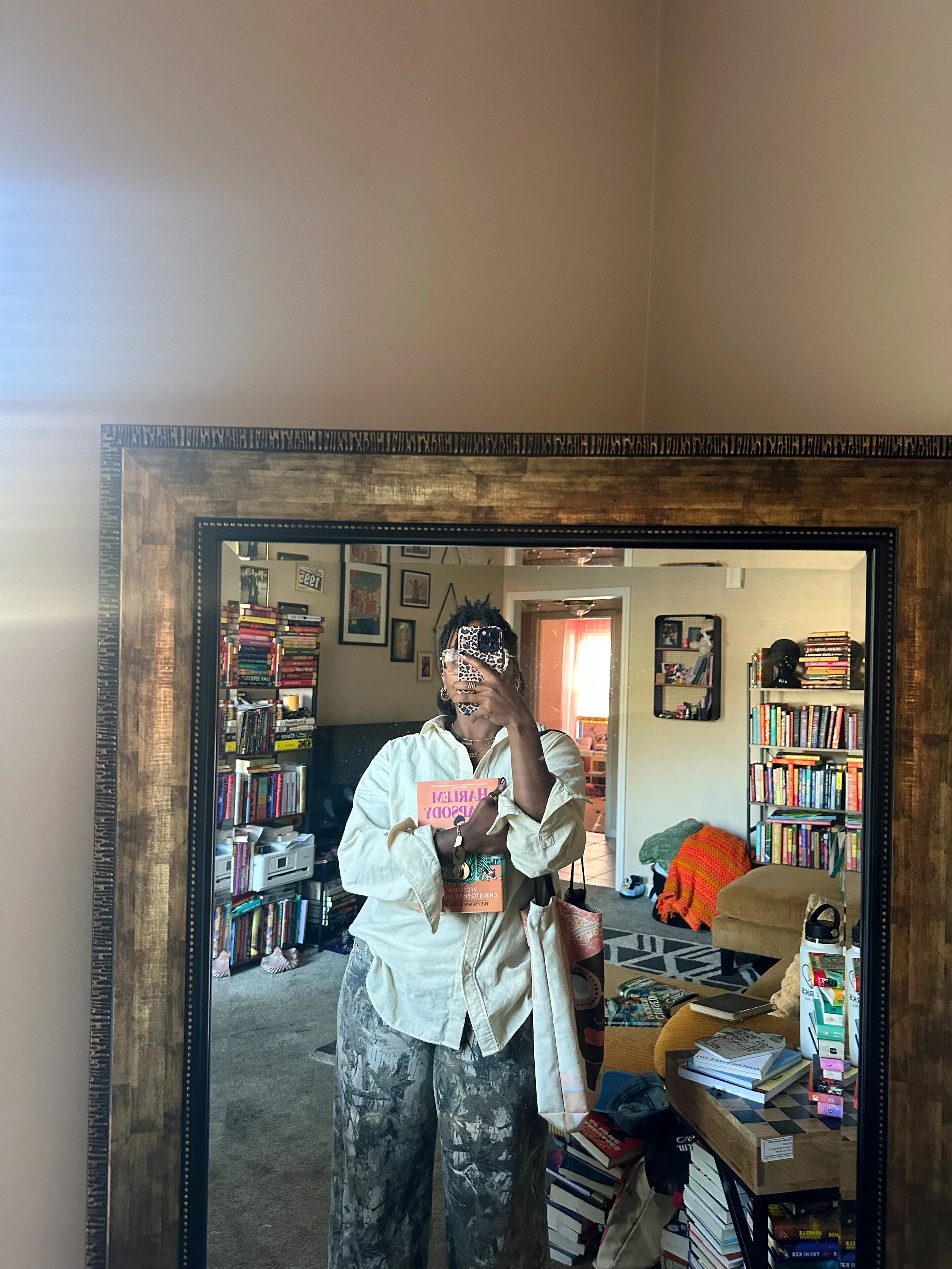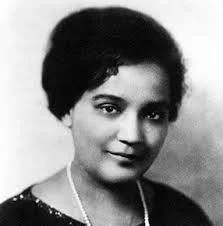The 1920s Strike Again with Harlem Rhapsody
HISTORICALLY JUCY READ OF THE YEAR
Who said lightning doesn’t strike in the same place twice? After strutting my historical-loving heart through two other historical fiction novels (Wild Women and the Blues by Denny S. Bryce and The Filling Station by Vanessa Miller) during the summer, it’s safe to say I’ve found my favorite time period in this genre.
A handful of my favorite readers recommended Harlem Rhapsody by Victoria Christopher Murray to me earlier in the year, and I kept putting it off until now. Pardon my delay in adding this one into my read stack of the year, but please accept my utmost gratitude for the recommendation because this story did not disappoint!
Set during the Harlem Renaissance, while W.E.B. DuBois was at the height of his enriching career and in the pursuit of advocating and shifting forward Black excellence, there was an unsung woman who played a major role in the advancement of the Black literary landscape: Jesse Redmon Fausett. At the center of Harlem Rhapsody is her editorial impact, her ambitious story, and her love of Blackness. I marveled by the close of the novel by every poet and writer’s career she touched, mostly due to my not knowing that she ever existed before reading this book.
Fausett’s love of Blackness was recognized and blended with DuBois’ work through the NAACP in The Crisis magazine, almost exploitatively if I were to be candid. Fausett was not DuBois’ wife, although she served as his partner both professionally and intimately. Victoria Christopher Murray told a story of intense passion and dedication to Black success and artistic impact that held my attention from beginning to end, and has sparked my curiosity in learning more about Jesse Fausett and any other women during that time period who have not received the flowers they rightfully deserve.
The remainder of this book reflection answers my baseline book reflection questions, but I’m sure I could add more to my thoughts on Harlem Rhapsody as time passes and I do some research of my own. But until then, please enjoy my brief thoughts on this incredible historical fiction novel.
How did Harlem Rhapsody make you feel?
Harlem Rhapsody left me completely impressed. It’s by far the juiciest historical fiction novel I’ve ever read, with a well-thought-out portrayal of a woman I’m glad that I now know of. I was proud of her impact on the literary landscape during the Harlem Renaissance, and ultimately motivated by her passion for her career to pursue my own writing.
Which themes resonated with me the most? Which themes did I struggle to identify within the novel?
There weren’t any themes that I struggled to resonate with during my read. It would be a lie if I proclaimed not to resonate with the subject of women choosing between finding love and embracing a natural ambition to succeed in their passions. Jessie was a complex character and very human in her decision-making - although some I disagreed with.
How did the protagonist (or antagonist) evolve throughout the story?
Jessie, and WEB by association of their relationship, evolved gradually through time. Jessie was independent and ambitious from the beginning - but by the end of the novel her independence and sense of self-worth drove her to walk away from what no longer served her vision.
The repetitive use of the word “envisage” created an understanding of her foresight in what she wanted for her life.
Who was Harlem Rhapsody written for?
This book was written for anyone who has an affinity for the Harlem Renaissance and the evolution of the literary landscape. For readers who love discovering groundbreaking women and unsung heroes in history.
Were there any life lessons or takeaways that I can implement into my own life?
The biggest life lesson is to be of service to those around you, but don’t forget to serve yourself and your dreams in life. (Also to never settle for being anyone’s side option, especially not a man’s.)
You can purchase a copy of Harlem Rhapsody by Victoria Christopher Murray from Barnes & Noble, Amazon, Bookshop.Org, or anywhere else books are sold.
(By purchasing from the Amazon & Bookshop links above, you will be supporting Intro to Eclecticism through affiliate links. Thank you in advance — it helps keep the blog going.)


